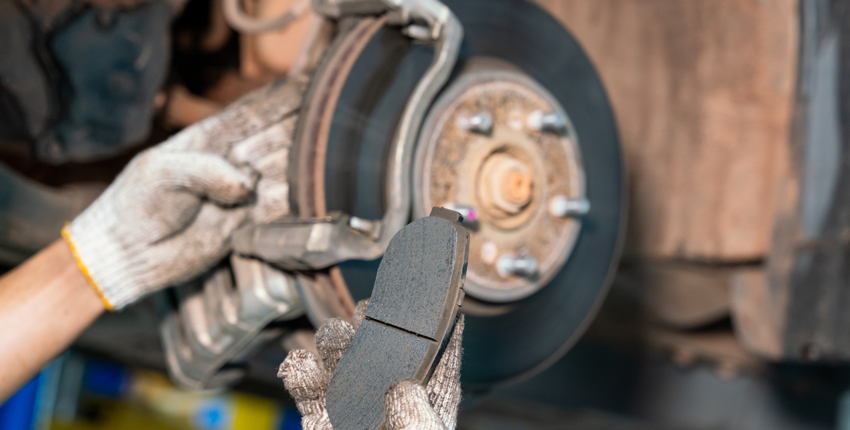When you drive off the mechanic’s lot with a fresh set of brake pads, the last thing you expect is an unsettling noise when you press the pedal. This can be concerning, especially after investing in what you hoped would be a smoother, quieter ride. So, is brake noise after new pads common, and should you be worried?
Understanding Brake Noise
Brake noise can manifest in several ways: squealing, grinding, clicking, or even thumping. Each type of noise can indicate different issues, some of which may be benign while others might require immediate attention. Here’s a closer look at the common causes:
- Squealing or Squeaking: This high-pitched noise is often due to vibrations between the brake pads and the rotor. It can be caused by:
- Metallic brake pads: Some brake pads have metal components that can cause a squeal.
- Lack of lubrication: The back of the brake pads and the caliper can benefit from a bit of high-temperature brake grease.
- Wear indicators: Some pads come with wear indicators that squeal when the pads are getting thin.
- Grinding: This more severe noise usually indicates that the brake pads are worn down to the metal backing plate. This can cause damage to the rotor and should be addressed immediately.
- Clicking or Thumping: These noises can be due to loose components, improper installation, or even certain types of brake pads designed with clips to prevent rattling.
Is It Common?
Yes, it is relatively common to hear some noise after installing new brake pads, especially during the break-in period. Here’s why:
- Break-In Period: New brake pads need to go through a process called “bedding in” or “breaking in,” where the pads and rotors wear into each other to create an even, smooth braking surface. During this time, it’s not unusual to hear some squeaking or squealing.
- Type of Brake Pads: Certain types of brake pads, such as those made from metallic or ceramic materials, are more prone to making noise. Semi-metallic pads, for instance, are known for being noisier than organic ones.
- Quality of Installation: Sometimes, noise can be attributed to the installation process. If the mechanic didn’t properly lubricate the components or if the pads were not seated correctly, noise might occur.
When Should You Be Concerned?
While some noise is normal, especially during the first few hundred miles, there are instances where brake noise should not be ignored:
- Persistent Grinding: If you hear grinding, especially when braking, it could indicate that the pads are worn out or there is an issue with the rotors.
- Sudden or Loud Noises: Any sudden, loud noises that weren’t there before could be a sign of a problem that needs immediate attention.
- Performance Issues: If you notice reduced braking performance, a spongy brake pedal, or vibrations when braking, it’s essential to have your brakes checked.
What Can You Do?
If you experience brake noise after getting new pads, here are some steps you can take:
- Drive Carefully During the Break-In Period: Avoid hard braking and high speeds for the first 300-500 miles to allow the pads and rotors to properly bed in.
- Check for Proper Installation: Ensure that your technicians used high-quality parts and followed proper installation procedures.
- Use Quality Brake Pads: Investing in high-quality brake pads from reputable brands can reduce the likelihood of noise.
- Consult a Professional: If the noise persists or if you’re concerned, it’s always best to consult a professional technician to diagnose and fix the issue.
In summary, while brake noise after installing new pads can be common, it’s essential to understand the type of noise and its potential causes. Some noise during the break-in period is normal, but persistent or severe noises should be addressed promptly to ensure your brakes are functioning correctly and safely. By paying attention to the sounds and consulting with professionals when needed, you can ensure your vehicle remains safe and reliable on the road.
Feel free to contact us at Bockman’s Auto, Truck & Tires if you have any questions or concerns about your brakes. Our team of experienced professionals is here to help you drive with confidence.

